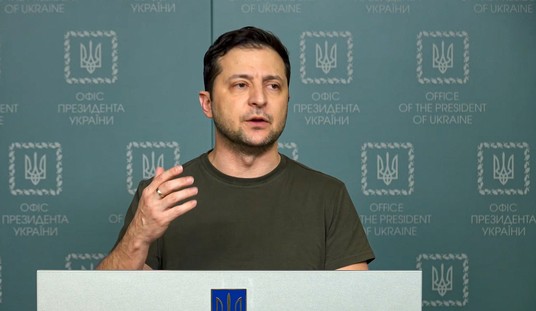If you listen to both Secretary of State John Kerry and Iranian President Hassan Rouhani talking about the progress of talks to limit Iran’s nuclear program, you get the feeling that one side in the negotiations made substantial concessions in the last 48 hours. Both men are saying that a deal is “within reach” — an attitude that was missing just 48 hours ago.
You have to believe that one of two things happened: either Iran gave up on its long-held beliefs regarding issues like sanctions and inspections, or the U.S. and the west are caving in to Iranian demands on those matters.
Which do you think is closer to the truth?
The United States and Iran reported significant progress Saturday toward a nuclear agreement, with the Iranian president declaring a deal within reach. America’s top diplomat was more reserved, leaving open whether world powers and Tehran would meet a March 31 deadline.
Speaking after a week of nuclear negotiations in Switzerland, U.S. Secretary of State John Kerry challenged Iran to make “fundamental decisions” that prove to the world it has no interest in atomic weapons. Amid conflicting statement by officials about how close the sides were, Kerry said, “We have an opportunity to try to get this right.”
The talks “have made substantial progress,” Kerry told reporters, “though important gaps remain.” Talks with Iran resume next week.
In Tehran, Iranian President Hassan Rouhani was more optimistic. “Achieving a deal is possible,” he said. “There is nothing that can’t be resolved.”
Other negotiators offered both positive and negative assessments. Top Russian negotiator Sergey Ryabkov and Iran’s atomic energy chief Ali Akbar Salehi said in recent days that technical work was nearly done. But French officials said the opposite, declaring the sides far from any agreement.
Kerry was departing later Saturday to meet with European allies in London, before returning to Washington, in part to ensure unity. Kerry said the U.S. and its five negotiating partners — Britain, China, France, Germany and Russia — are “united in our goal, our approach, our resolve and our determination.”
But France, which raised last minute objections to an interim agreement reached with Iran in 2013, could threaten a deal again. It is particularly opposed to providing Iran with quick relief from international sanctions and wants a longer timeframe for restrictions on Iran’s nuclear activity.
France is looking to stiffen the backbones of their colleagues by objecting to Kerry moving the goal posts on sanctions. We’ve gone from a position where sanctions would be lifted gradually over a 10-year period to major sanctions on the Iranian oil and finance industries being lifted in a matter of weeks following this framework agreement.
But it’s not likely the French will blow up an agreement for any reason. They don’t want to be faced with the decision to bomb Iran any more than Obama does. They will hope for the best but plan for the worst on an Iranian nuclear program.
Negotiations have been suspended until March 26 — not doubt to give the western nations time to figure out how to spin this deal to make it palatable to those too stupid to know otherwise. So, unless hard liners in Tehran torpedo a deal by putting pressure on Supreme Leader Khamenei to reject it, there is a likelihood of an “historic” agreement with the crazies in Iran.










Join the conversation as a VIP Member